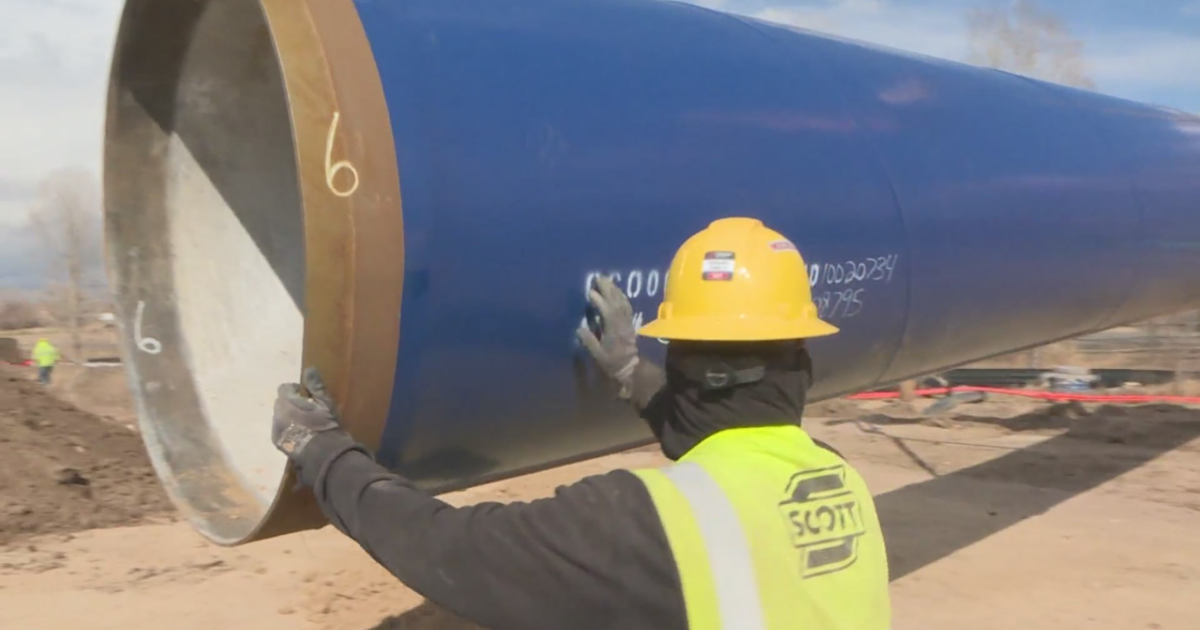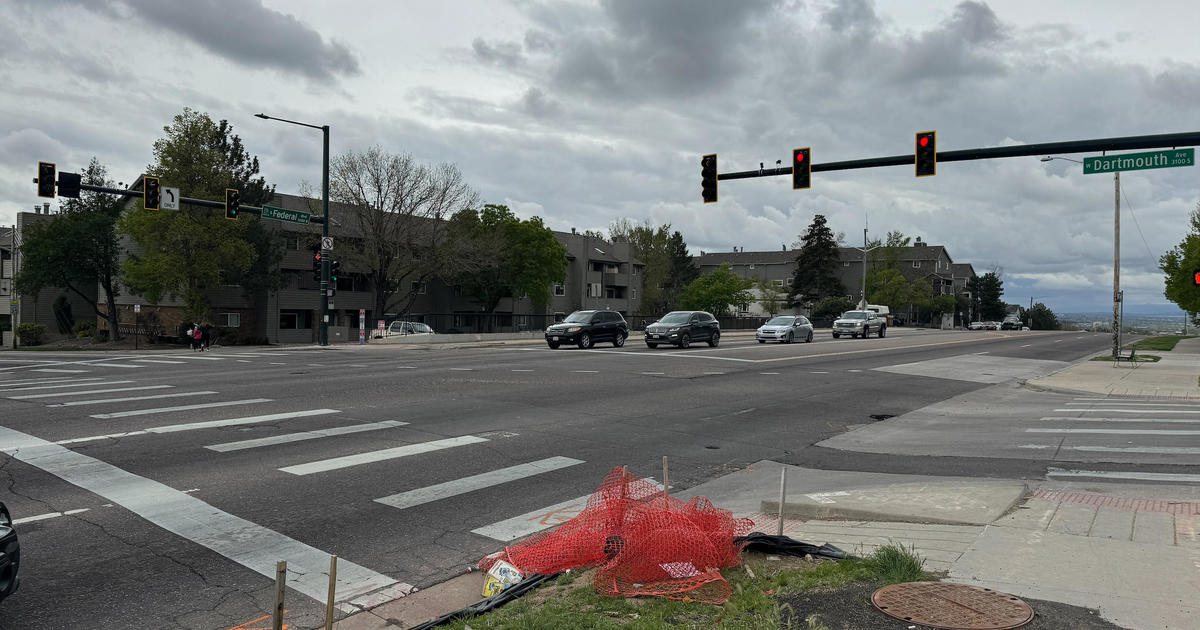Denver Water Department to undertake 'unprecedented' steps to make water safer, by changing lead pipes to copper
The Denver Water Department is getting kudos from the Environmental Protection Agency for taking action to make our drinker water safe.
The utility is expanding a project to remove old lead pipes from our neighborhoods and is a program that could serve as a national model.
Denver is now showing other big cities with lots of lead lines that replacement can be done.
It's an unprecedented and expensive step, essentially replacing all of the Denver area's lead pipes in 15 years.
That plan will cost nearly $700 million, but the EPA says it's a long-term solution that's best for the health of water users here and downstream.
"We're taking a relatively progressive approach and tackling lead at its source, which is lead service lines," said Alexis Woodrow, lead reduction program manager at Denver Water.
Denver will be taking big steps to reduce lead in drinking water, replacing all customer-owned lead service lines with copper ones, rather than chemically treating the water.
"A traditional way of doing that, you can add orthophosphate to the water," Woodrow said. "And when you do that, that can create issues for other- for the South Platte [River]."
Complete removal of lead pipes is an action that the EPA says no other city has taken.
"I really think that it is innovative and proactive and really provides a model for other parts of the country," said KC Becker, regional administrator at the EPA.
After a three-year "test run," where Denver Water replaced 15,000 lead service lines, the EPA last week granted an additional 12-year variance, and $76 million from the bipartisan Infrastructure Act to help Denver complete the more than $670 million project.
"Lead pipes, as we know from the experience at Flint," Becker said, "has impacts for brain health for children, for respiratory fits in your lungs, so I think it's just a real success story."
Denver Water says all impacted homeowners were notified in 2020 and given a water filter.
Homes that were built before 1951 are more likely to contain lead service lines so older parts of the city are you're more likely to see lead service lines.
Woodrow says roughly 25% of Denver Water connections are impacted.
Woodrow says the replacement and filters come at no cost to customers, but we may see water bill rates increase slightly.
You can double check to see if your area will be affected by clicking here.




